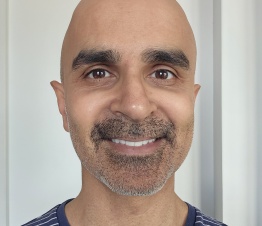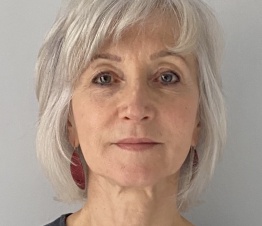What is psychodynamic psychotherapy?
Using the theories derived from Freud, Jung, Klein, Winnicott, Bowlby and others, psychodynamic psychotherapy focuses on understanding how our past experiences contribute to our current behaviours. The client is encouraged to talk about relationships with parents and other important people, and their childhood experiences, so as to better understand and manage both conscious and unconscious thoughts and feelings. And as a result, improve current relationships and sense of wellbeing.
The psychodynamic approach often looks to resolve potentially maladaptive coping mechanisms; this is the idea that when you were young, you may have learnt certain ways of being or responding to situations that may still play out now, even though they are no longer helpful to you. A lot of these maladaptive strategies are considered to, in part, be driven by the unconscious and so careful exploration of past relationships and experiences may be necessary in order to gain clarity over present day problems.
What to expect in psychodynamic psychotherapy
Psychodynamic therapy may be a relatively long-term form of therapy because often we will have built up defences that need to be worked around. These defences may typically take the form of denial, repression, or rationalisation. The whole idea of things being suppressed in our unconscious is that we don't feel able to acknowledge them or aren't able to recognise them. This is where working with a trained therapist can be so helpful.
In psychodynamic therapy, the client may be encouraged to talk about whatever comes to mind, whether that is current issues, dreams, fears, fantasies. The psychodynamic therapist is trained to both hear what you are saying out loud, and to attune to what you may not be saying, what it may be difficult to say, and other clues from your use of words and body language.
Psychodynamic psychotherapist Shelley Williams explains more about this type of therapy in this short video:
Who benefits from psychodynamic psychotherapy?
Though helpful for the whole range of psychological issues, psychodynamic psychotherapy is often used to treat anxiety disorders, long-term depression, relationship difficulties, and experience of trauma or abuse. Psychodynamic psychotherapy tends to suit individuals who are curious about their inner-lives and recurring patterns of behaviour. Psychodynamic psychotherapy is also suitable for those who want their therapist to take a relatively active role.
Related types of therapy
A short-term form of psychodynamic psychotherapy has more recently been developed, called intensive short-term dynamic psychotherapy – find out more about this here.
Relevant associations
This information has been vetted by a professional member of the welldoing.org directory
Last updated on 4 June 2020




























































